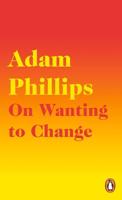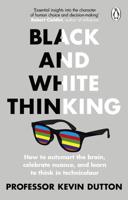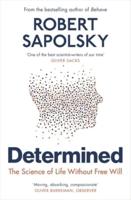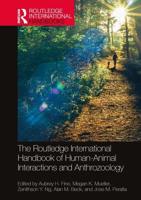Publisher's Synopsis
The term 'episodic memory' refers to our memory for unique, personal experiences, that we can date at some point in our past - our first day at school, the day we got married. It has again become a topic of great importance and interest to psychologists, neuroscientists, and philosophers. How are such memories stored in the brain, why do certain memories disappear (especially those from early in childhood), what causes false memories (memories of events we erroneously believe have really taken place)? Since Endel Tulving's classic book 'Episodic memory' (OUP, 1983) very few books have been published on this topic. In recent years however, many of the assumptions made about episodic memory have had to be reconsidered as a result of new techniques, which have allowed us a far deeper understanding of episodic memory. In 'Episodic memory: new directions in research' three of the worlds leading researchers in the topic of memory have brought together a stellar team of contributors from the fields of cognitive psychology, neuropsychology, and neuroscience, to present an account of what we now know about about this fundamentally important topic. The list of contributors includes, amongst others, Daniel Schacter, Richard Morris, Fareneh Vargha-Khadem, and Endel Tulving. The work presented within this book will have a profound effect on the direction that future research in this topic will take.










